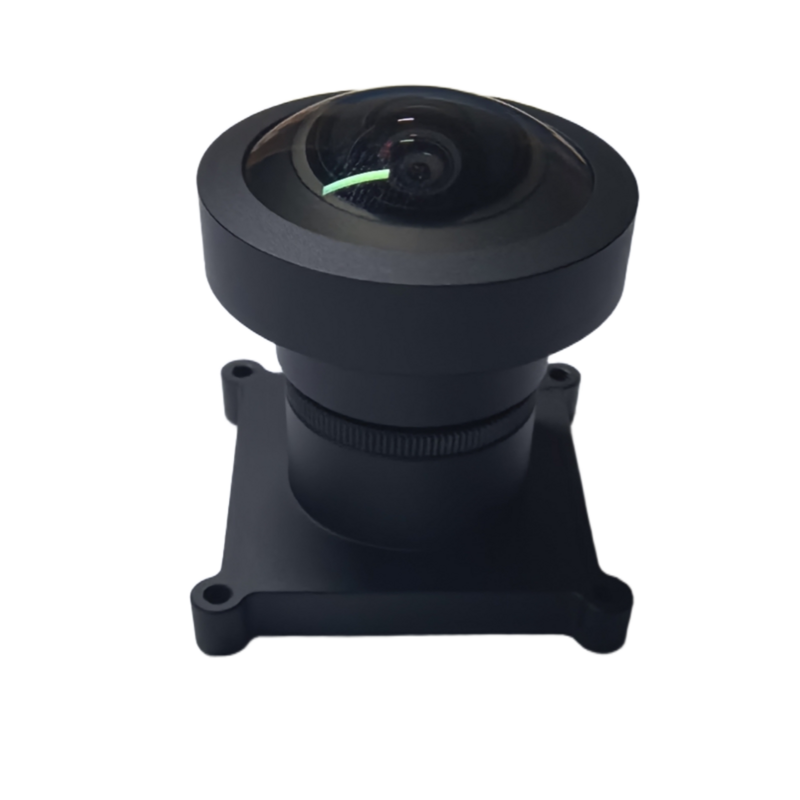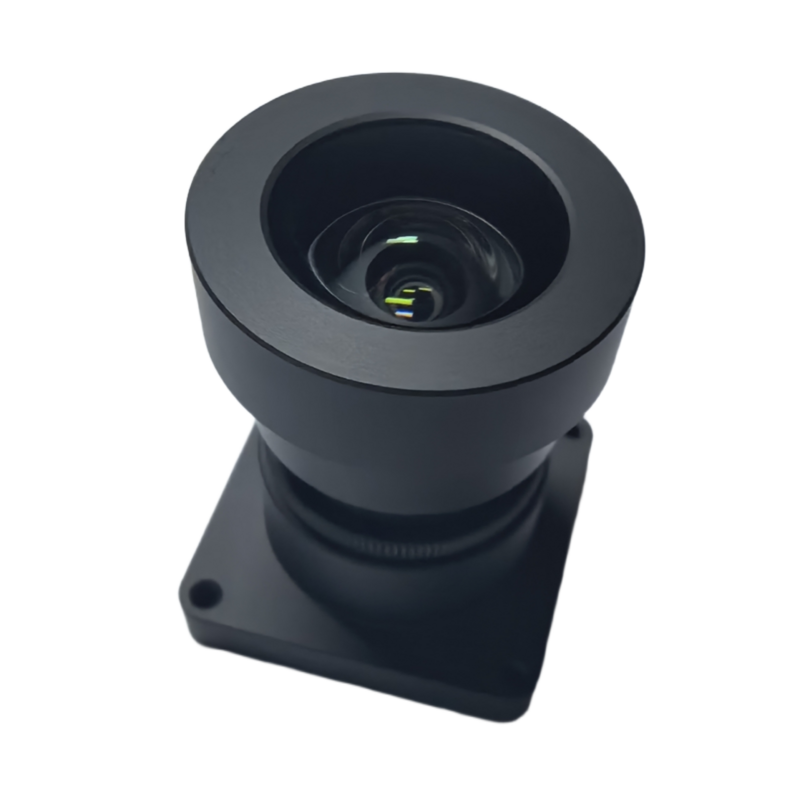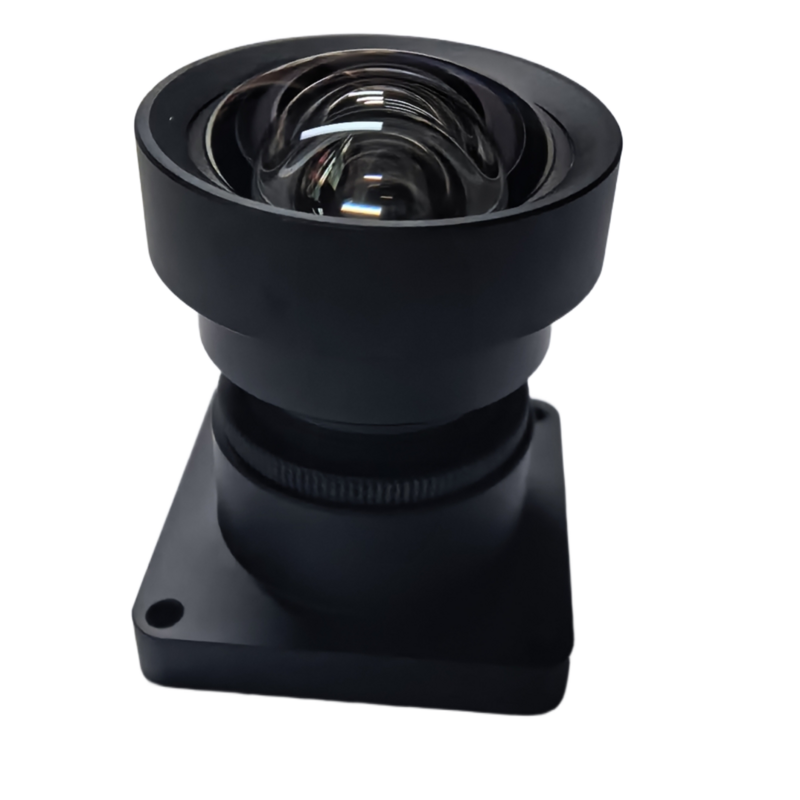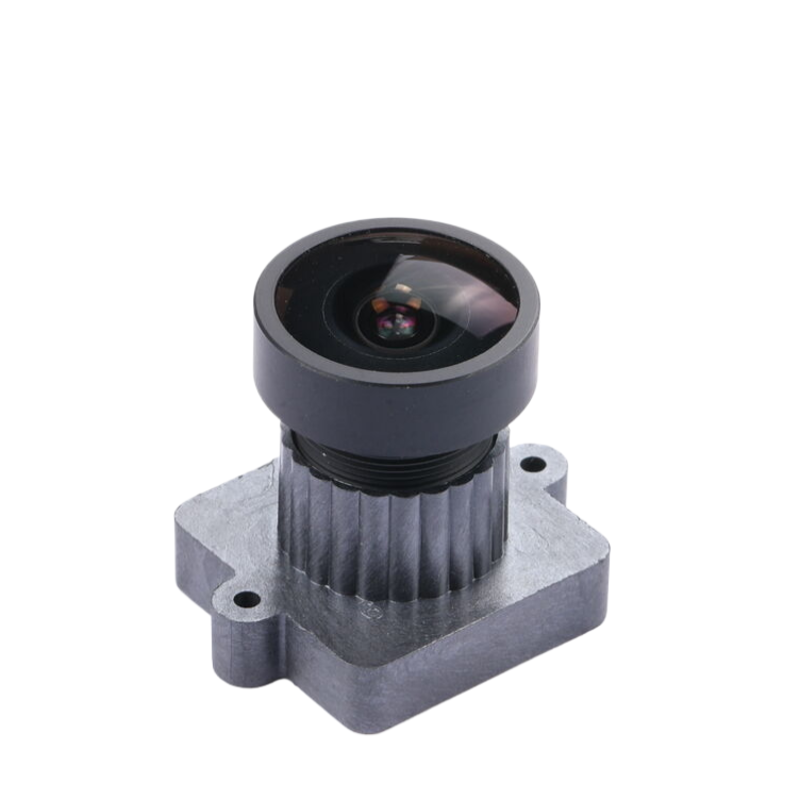Industrial News
Medical lenses have revolutionized the field of cardiovascular surgery, enabling surgeons to perform intricate procedures with precision and accuracy. Over the years, these lenses have undergone significant development and improvement, making them indispensable tools in the operating room. This article explores the role and evolution of medical lenses in cardiovascular surgery, highlighting their impact on surgical outcomes and patient care.
The Role of Medical Lenses in Cardiovascular Surgery
Medical lenses play a crucial role in cardiovascular surgery by providing surgeons with enhanced visualization and magnification. These lenses allow surgeons to see the intricate structures of the heart and blood vessels in great detail, enabling them to perform delicate procedures with utmost precision. By offering a clear and magnified view, medical lenses improve surgical outcomes and reduce the risk of complications.
Furthermore, medical lenses facilitate minimally invasive cardiovascular surgeries, such as endovascular procedures. By using small incisions and inserting a camera-equipped lens into the patient's body, surgeons can navigate and operate on the cardiovascular system without the need for large incisions. This approach minimizes trauma, reduces recovery time, and enhances patient comfort.
Development and Advancements in Medical Lenses
Over the years, medical lenses have undergone significant advancements to meet the evolving needs of cardiovascular surgery. Initially, lenses were bulky and limited in their field of view. However, with the advent of technologies like fiber optics and high-definition imaging, medical lenses have become smaller, more flexible, and offer a wider viewing angle.
One notable advancement is the introduction of 3D visualization in medical lenses. This technology provides surgeons with a stereoscopic view of the surgical site, enhancing depth perception and spatial awareness. This innovation has greatly improved the accuracy of complex procedures, such as coronary artery bypass grafting, where precise navigation is crucial for successful outcomes.
Additionally, the integration of augmented reality (AR) in medical lenses has further enhanced surgical precision. AR overlays vital patient information, such as diagnostic images, lab results, and real-time data onto the surgeon's field of view. This aids in decision-making during the surgery and improves overall patient safety.
Conclusion
The role and development of medical lenses in cardiovascular surgery have transformed the field, enabling surgeons to perform complex procedures with greater precision and improved outcomes. From providing enhanced visualization to facilitating minimally invasive surgeries, medical lenses have become indispensable tools in the operating room. With continued advancements, we can expect further improvements in the capabilities of medical lenses, ultimately benefiting both the patients and the surgeons.
 English
English  German
German Japanese
Japanese Korean
Korean Vietnamese
Vietnamese French
French Spanish
Spanish भारत
भारत



